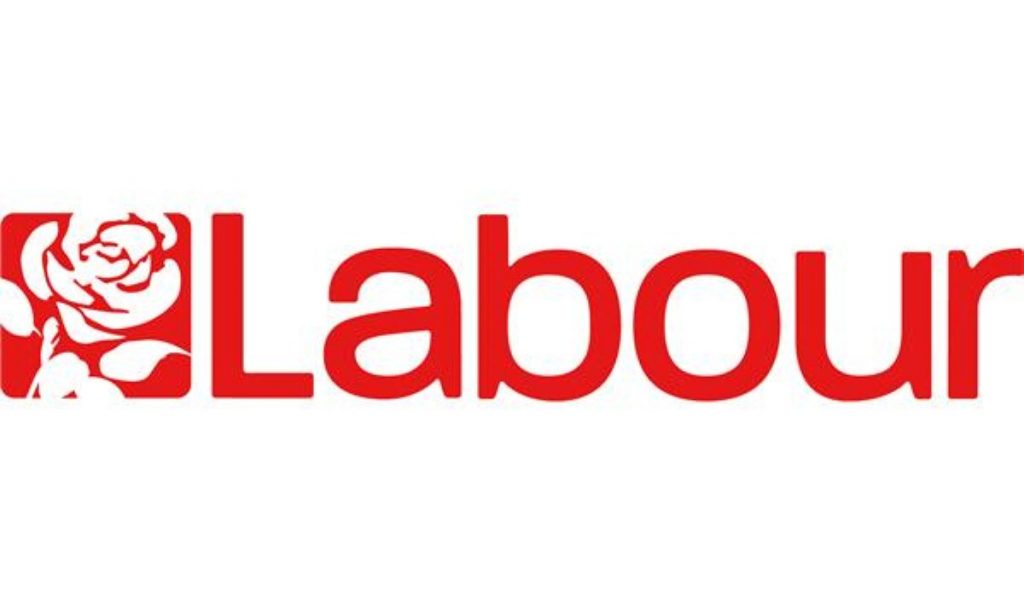Highs and lows: Labour
Gordon Brown, having shied away from a snap election in 2007 at the last moment, has never won a general election as prime minister. Pundits have naturally viewed his party as underdogs in their struggle to win a fourth successive term. But Brown, the great survivor, has demonstrated a fighting spirit which seems to have infected his party. They’re not going down without a struggle. Here’s a summary of the 2010 general election race from Labour’s perspective.
Low
January 6th: The doomed ‘snowplot’ – Gordon Brown’s leadership received yet another body blow at the beginning of the year, derailing the party’s hopes of a strong start to 2010. Geoff Hoon and Patricia Hewitt’s attempt to remove the prime minister from No 10 only succeeded in denting Labour in the polls, it subsequently appeared. Hoon announced he would stand down from parliament soon afterwards, but the damage had been done.
High
January 26th: End of the recession – But this good economic news, anticipated for so long by those in government, was dampened by the sad fact economic growth in the last quarter of 2009 only amounted to 0.1% of GDP. This was hardly the glittering recovery Brown and Labour were hoping for – but it was a start.
Low
February 8th: Expenses judgements – The Crown Prosecution Service’s announcement that three Labour backbenchers were to face criminal charges as a result of the expenses scandal risked associating Labour with the brand. The party did the only thing it could: withdraw the whip from David Chaytor, Elliot Morley and Jim Devine.


High
February 14th: Brown on Piers Morgan – The prime minister’s very personal interview offered a new insight into his personal life for the 4.2 million viewers who tuned in.
Low
February 22nd: Brown’s bullying row – Personality politics quickly came back to damage the PM, however, after allegations contained in Andrew Rawnsley’s new book about Brown’s behaviour towards civil servants rocked No 10.
Low
March 16th: Labour’s Unite links exposed – The opposition had a field day as they accused Labour ministers of being unable to intervene in the British Airways cabin crew strike – because the union behind the industrial action, Unite, was one of Labour’s biggest donors.
Low
Cash-for-influence hits ex-ministers – Three former Labour ministers, Stephen Byers, Geoff Hoon and Patricia Hewitt, were suspended from the parliamentary Labour party after an investigation uncovered their enthusiasm to engage in lobbying for money. All three denied any wrongdoing, but the damage had been done.
High
March 24th: Pre-election Budget – Alistair Darling’s intensely political pre-election Budget helped Labour make its case. Its measures were clearly redistributive and won praise from most sections of the press.
High
March 30th: The return of Blair – The man who led New Labour to three consecutive general election victories made his first major speech on British domestic politics since quitting Downing Street in 2007. Speaking in Sedgefield, Blair said major question marks remained over where the Tories stood. He asked: “Where are they centred, where is their core?”
Low
April 4th: Labour ad backfires – The Tories got the last laugh over an attack ad portraying David Cameron as Ashes to Ashes character Gene Hunt. ‘Don’t let him take Britain back to the 80s’, Labour warned, before the Tories shot back with a replaced slogan: ‘Fire up the Quattro. It’s time for change.’
High
April 6th: Brown calls the election – The prime minister underlined his incumbency by taking the initiative and visiting the Queen – while Cameron visited the country. He appeared in Downing Street with his entire Cabinet behind. If the Tories came across as the party of the people, Labour came across as the party of… the government.
Low
April 11th: Cancer leaflets row – The Tories accused Labour campaigners of “microtargeting” leaflets to cancer sufferers. Labour denied the allegations, but this was a story which wasn’t going to win them any votes.
High
April 12th: Manifesto launch – Despite further attacks from the Tories about using a newly-finished hospital, Labour’s manifesto launch helped galvanise the party. The prime minister pledged “relentless” reforming, showing New Labour still has some life in it yet.
High
April 14th: ‘Sugardaddy’ comes good – Alan Sugar donated a very handy £400,000 to Labour’s ailing campaign coffers. It dwarfed his previous donations to the governing party.
Low
April 17th: Another polling disaster – The Liberal Democrats overtook Labour in the first polls after the first televised leaders’ debate. Labour activists’ dismay was muted by the fact that, according to projections, they would still be the largest party in the Commons.
High
April 23rd: Economy escapes double-dip recession – This is a dubious ‘high’, because – although staying positive – GDP growth at 0.2% in the first quarter of 2009 was a step backwards from the previous 0.4% figure. Gordon Brown blamed bad weather in January and the end of the VAT cut.












